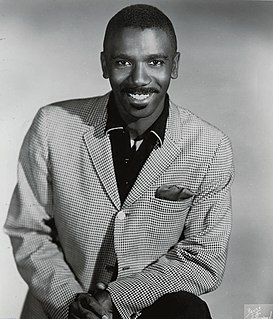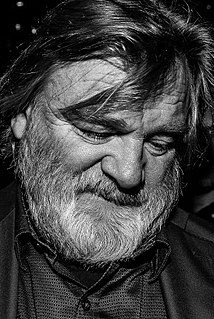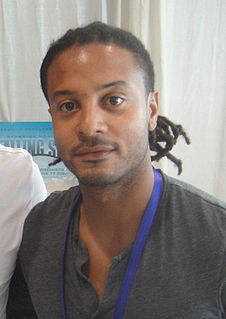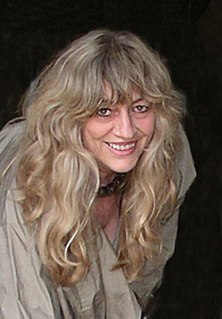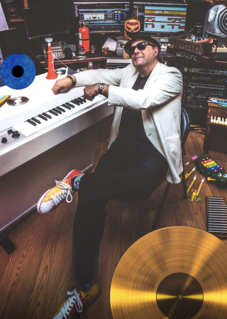A Quote by Jimmy Smith
And then when I found my sound, it took me two and a half weeks to find my sound and when I did I pulled out all the stops, all the stops I could find.
Related Quotes
I think, when you're a young composer, you're told constantly that what you're supposed to do is figure out what your voice is. "What is your thing supposed to sound like?" You know: "What's the thing you do," that everyone can recognizably tell from a long distance is you and then you're supposed to be in search of that marker and you're supposed to find it and you're supposed to live there for the rest of your life. And it seemed to me, from a young age, that was what I was encouraged to do. You find a sound and that's your sound! That's what you do.
When we sit in meditation and hear a sound, we think, 'Oh, that sound's bothering me.' If we see it like this, we suffer. But if we investigate a little deeper, we see that the sound is simply sound. If we understand like this, then there's nothing more to it. We leave it be. The sound is just sound, why should you go and grab it? You see that actually it was you who went out and disturbed the sound.
Some time ago I took a trip on the Hudson and Manhattan Transit System. Not being familiar with the names of the various stops, I asked the man next to me the name of the station where we had just stopped. He replied, "I've been riding this line for fifteen years and I only know two stops: where I get on and where I get off."
